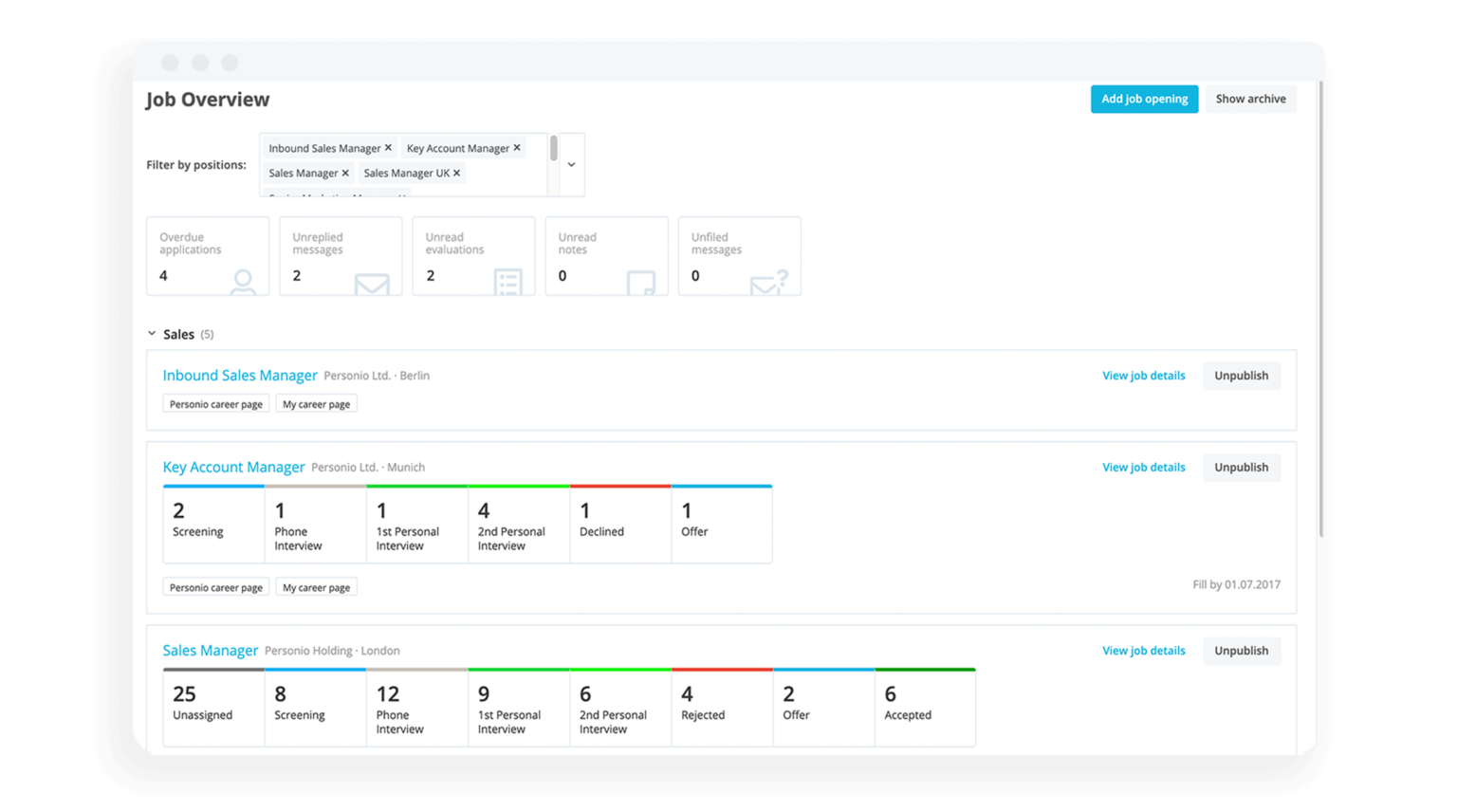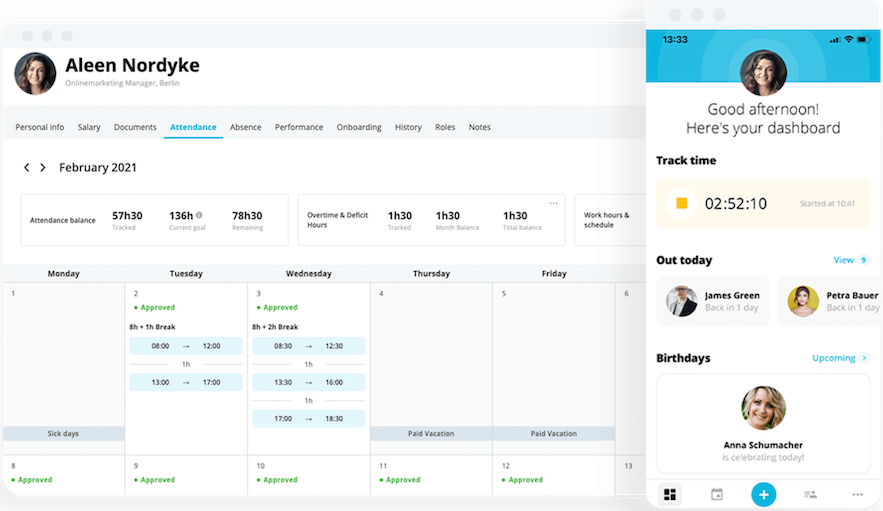Remuneration Packages: Total Packages For Top Talent

A remuneration package can help ensure that you're getting top talent, on the best terms. In this article, we will explain what it is, how it comes about, and what are some of the most common things to include.
Is your employer brand attracting the best talent? Download our eBook to find out.Contents
- 1Put Yourself In A Candidate’s Shoes
- 2What Is A Remuneration Package?
- 3How Do Remuneration Packages Help HR?
- 4What Is The Difference Between Salary And Remuneration?
- 5What Are The Types Of Remuneration?
- 6What Is Included In A Total Remuneration Package?
- 7How Do You Calculate Remuneration?
- 8How Do You Build The Best Remuneration Package?
- 9Remember This About Remuneration Packages
Put Yourself In A Candidate’s Shoes
Let’s start by imagining, just for your moment, that you’re in the shoes of an in-demand worker on the hunt for a new role.
You have two options in front of you: Company One is offering you an £80,000 salary, as well as the mandatory holiday leave, pension, statutory sick pay, and maternity/paternity benefits.
Company Two is offering you a £70,000 salary and the mandatory benefits. But they’re also offering an attractive remuneration package that includes childcare vouchers, flexible work hours, extended annual leave, a subsidized gym membership, and more.
For the majority of UK workers, Company Two wins their skills and expertise. This is especially true for Millennial workers — 40% of whom say a benefits package (AKA a remuneration package) is more important to them than a basic salary.
What Is A Remuneration Package?
A remuneration package, as part of an employee benefits package, is total compensation offered to an employee for their services or work. It may include base salary plus additional forms of cash and non-cash incentives, like flexible work, company vehicles, and more. A remuneration package can be a key lever for talent acquisition.
Remuneration packages are typically negotiated during the hiring process. At most companies, they’re also reviewed during the employee’s annual evaluation or when an employee is promoted. In this sense, it can be part of your retention strategy, too.
Your remuneration package may require you to pay additional taxes and National Insurance, but this depends on your package and your employer.
How Do Remuneration Packages Help HR?
While high-quality remuneration packages might be an investment for any company, they’re one worth making. After all, they don’t just benefit the employee…
They Attract Talent: Consider remuneration packages an essential part of your employer value proposition. It can be a struggle for companies to attract the in-demand talent they need to thrive when similar companies offer better salaries. So how do you make your offer more appealing? For the majority of job seekers, a customizable benefits package seals the deal.
Employees Are Happier And More Productive: Remuneration packages often have a direct impact on an employee’s job satisfaction — comprehensive packages can improve their satisfaction, as well as boost their morale, drive, and productivity.
They Help Lower Attrition: How can you keep employees on board for longer? Give them fewer reasons to leave. This is where remuneration packages become truly advantageous: Companies that are rated highly on compensation and benefits experience 56% lower employee attrition.
What Is The Difference Between Salary And Remuneration?
Salary strictly refers to the fixed monetary payment an employee receives from their employer on a monthly basis as compensation for work or services completed. It does not include any other forms of compensation, benefits, or perks.
Remuneration includes salary, as well as the different forms of monetary and non-monetary compensation, such as pension, benefits, and perks.
Create a great candidate experience

Organise applications, plan interviews and quickly evaluate candidates. Manage your entire hiring process with one tool with Personio.
Unlock Smoother HiringWhat Are The Types Of Remuneration?
Remuneration can be broken down into two categories: Direct and Indirect.
Direct Remuneration
As the name suggests, direct remuneration is the straightforward financial compensation an employee receives from their employer, such as salary, tips, commission, or bonuses.
This type of remuneration motivates employees to improve their work performance and gain rewards. For example, if the employee receives a raise after moving up to a more senior role, or receives a bonus for exceeding a sales goal.
Indirect Remuneration
This type of remuneration isn’t as cut and dry as financial compensation, but can include the use of a company car, retirement fund schemes, flexible work hours, and more.
Offering indirect remuneration can help companies create a positive, encouraging environment and provide a better work-life balance for their employees.
What Is Included In A Total Remuneration Package?
Offering a comprehensive remuneration package involves assessing your company, employees, and mission to provide an offering that satisfies all three. While every company’s remuneration packages will differ, here are the key components to consider:
Competitive Salary: Research the latest salary expectations for the roles within your company so you can offer a competitive wage when interviewing new hires.
Flexible Work Options: Now more than ever, employees see the value in flexible work environments. This can include 100% remote working options, a few days of remote working allocated per week, or flexible work hours, where there are no strict nine to five expectations.
Personal Development Incentives: Whether it’s put towards their physical wellness journey or a creative outlet, this incentive can be personally tailored to the employee, by the employee. Think specialized fitness classes, art classes, educational courses, etc.
Career Development Opportunities: Sixty percent of employees consider career development opportunities an important aspect of a job offer. In addition to creating career progression tracks for employees to move up in the company, your remuneration packages should include incentives for upskilling, career development courses, workshops, and more.
Job Perks: Providing job perks that employees can utilize on a day-to-day basis include non-cash incentives that help keep job satisfaction and morale up. These can include paid lunches, free coffee and snacks, paid team-building days or events, and more.
Cash Incentives: Cash incentives (beyond salary) typically include bonuses for reaching or exceeding predetermined goals, expense accounts for travel or day-to-day costs, or an employee referral bonus. The value of each bonus should be clearly outlined in the employee’s contract.
Deferred Compensation: This type of remuneration refers to employers holding on to a portion of the employee’s earnings until a specified later date. For example, retirement funds, which the employee accrues during their time with the company and only receives once they officially retire from said company.
Unique Benefits: Including benefits that are specific to your company’s goals, values, and mission can help employees align with the company and truly understand your workplace culture. For example, if your company values green initiatives, your package could include incentives that pay for the employee’s use of public transit or bicycle rental systems.
Create a great candidate experience

Organise applications, plan interviews and quickly evaluate candidates. Manage your entire hiring process with one tool with Personio.
Unlock Smoother HiringHow Do You Calculate Remuneration?
Every employee will not — and should not — have the same remuneration package. Each package should be thoughtfully tailored to the individual employee, with the following taken into account:
Employee Status
Remuneration packages will differ depending on if the employee is part-time, seasonal, full-time, or a contract worker. Some positions may simply include a salary/wage, or a salary plus mandatory benefits, as mentioned above.
Pay Structure
Tied to their employment status is their pay structure: Do they earn a salary paid by the company, or are they paid per project on a contract basis? Do they receive tips or commission based on their work?
Employee Seniority
Of course, a C-suite executive will have a much more robust remuneration package compared to that of a supervisor, manager, or entry-level employee. Company executives often have the most comprehensive packages, including stock options, investment opportunities, and more.
Location
Package costs and features will vary depending on the company’s location. For a company based in London, for example, it would make sense to offer subsidized public transit coverage, while that wouldn’t be as practical for a company in a smaller town. Salary expectations and the cost of living will be higher in urban areas, which should be reflected in the remuneration packages offered.
Business Model
The company’s size and profitability will of course play into their remuneration packages. While larger companies can often offer more comprehensive and costly benefits and stock options, small- to medium-size businesses may not.
For those smaller companies, including benefits such as remote work options, as well as perks like free coffee and team outings, can help to balance out the benefits they can’t afford to offer.
Company Goals
If your company wants to attract top talent, it’s smart to offer a more competitive remuneration package. This may include a signing bonus to incentivize an employee to join your company, which is often referred to as a "golden hello.” This can either be paid via a lump-sum cash payment upon hiring or in installments paid over time.
How Do You Build The Best Remuneration Package?
Whether you’re at the beginning stages of building your company’s remuneration packages, or you’re looking to improve what you’ve already established, it’s important to keep up-to-date with what employees really want.
Even if you currently have remuneration packages at your company, they may not be the right packages. Ask yourself:
Do they speak to the specific desires of the employees at your unique company?
Do they fit with the lifestyle of a modern worker?
Are they reflecting your company’s mission, values, and goals?
Are there benefits that aren’t being used at all?
In the UK, the most desired perks include flexible working (47.2%), seasonal bonuses (39.1%), and extra leave (37.3%). Mental health and wellness allowances are also high on the list for employees, although they’re missing from most remuneration packages. These allowances could range from paid mental health days off, to therapy coverage, to broader wellness allowances that go beyond a gym membership.
Remember This About Remuneration Packages
A key part of retaining your best employees is to create customizable remuneration packages that grow with them. After all, Millennial workers will have different goals and needs compared to a more mature worker.
Ensuring your packages are flexible, or that your employees can refine their packages each year, can help them reach their personal and professional goals with more support and satisfaction.

